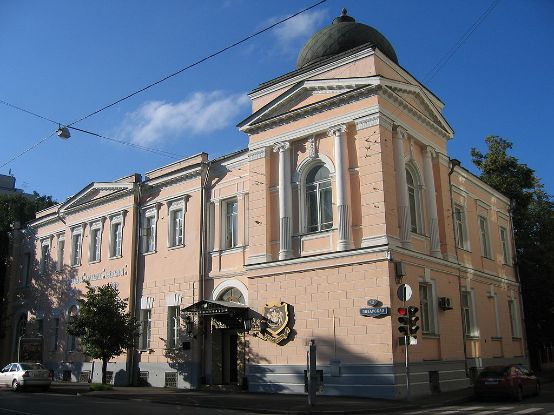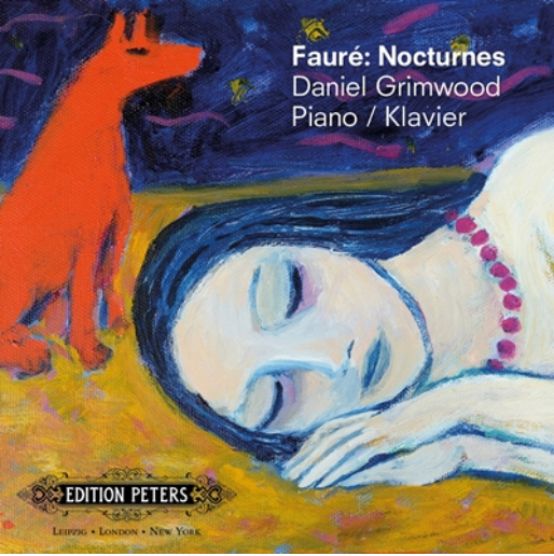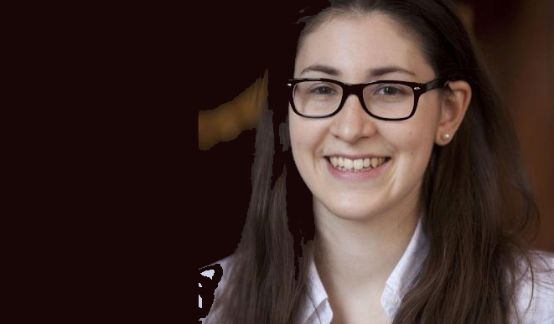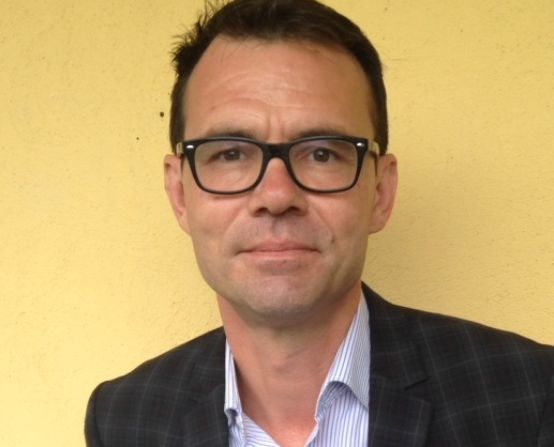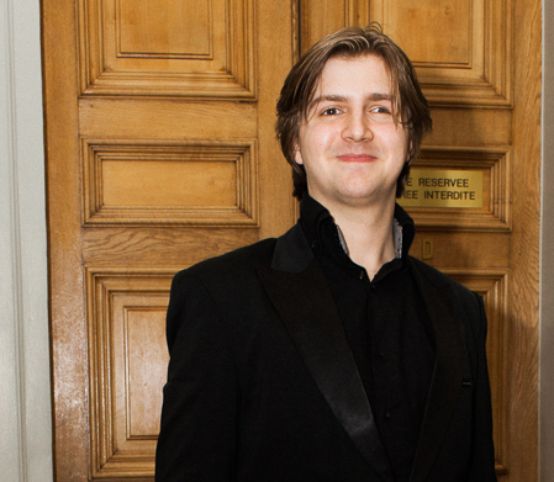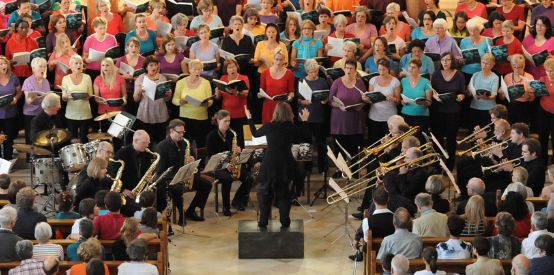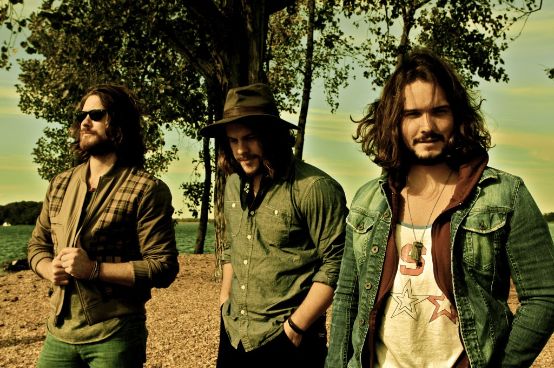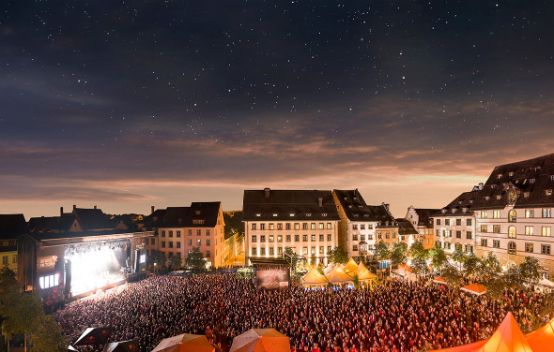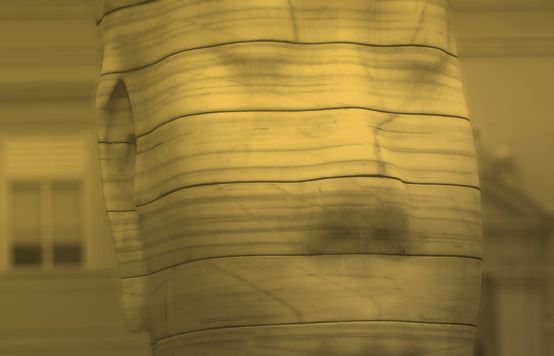The 2014 Migros Culture Percentage instrumental music competition took place in Zurich from December 2 to 4. Of the 46 admitted candidates, 12 convinced the international jury and received CHF 14,400 each.
The "Migros Culture Percentage Soloist" award, including the study prize and inclusion in the Migros Culture Percentage concert agency, went to the Bernese recorder player Laura Schmid.
The concert was awarded a study prize and included in the Migros Culture Percentage concert program:
* Céline Pasche, recorder, Le Mont-sur-Lausanne
* Yang Wu, piano, Basel
* Lisa Wyss, saxophone, Langnau i. E.
The winners of the study awards are:
* Lionel Andrey, clarinet, Lausanne
* Sebastian Braun, violoncello, Winterthur
* Ivo Dudler, Horn, Steinach SG
* Héléna Macherel, flute, Pully
* Giulia Ott, harp, Basel
* Anton Spronk, violoncello, Zurich
* Anna Tuena, percussion, Geneva
* Lora-Evelin Vakova-Tarara, piano/chamber music, Zurich
The jury was made up of: Oliver Schnyder (jury chairman), pianist; Michael Eidenbenz, Director of the Department of Music at the Zurich University of the Arts; Mischa Damev, Head of Music, Directorate of Culture and Social Affairs, Migros-Genossenschafts-Bund; Esther Hoppe, violinist; Reto Bieri, clarinettist, Director of the Davos Festival.
The Migros Culture Percentage has been promoting young Swiss artists since 1969. It awards study and sponsorship prizes as part of national talent competitions. The study prizes are endowed with CHF 14,400 each. Exceptionally talented study prize winners receive sponsorship awards. These include long-term, individual support measures such as performance opportunities, coaching and promotion. The competitions take place annually in the following categories: Movement theater, singing, instrumental music, chamber music (triennial), acting and dance.
To date, around 2,850 promising talents have been supported with a total of CHF 38 million and accompanied on their way from education to a career with comprehensive support measures. On its online talent platform, Migros Culture Percentage presents outstanding talents with their biographies, pictures and audio samples.
Talent competitions: www.migros-kulturprozent.ch/talentwettbewerbe
Online talent platform: www.migros-kulturprozent.ch/talente
